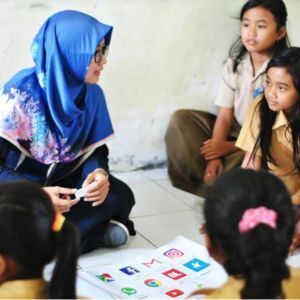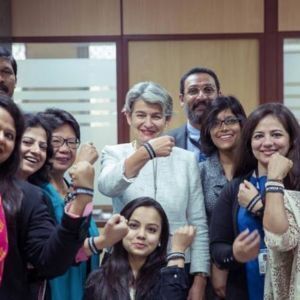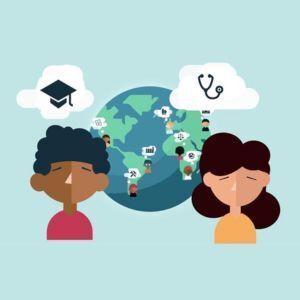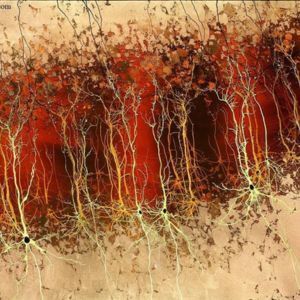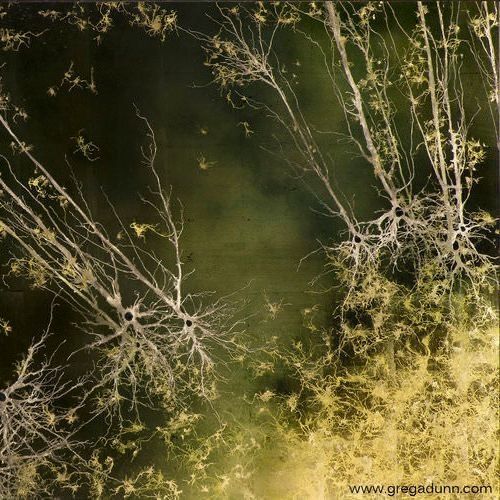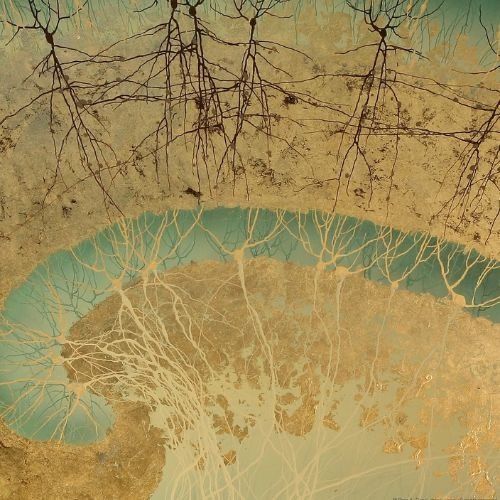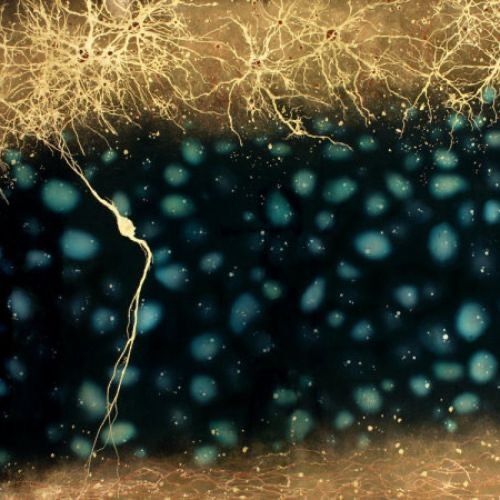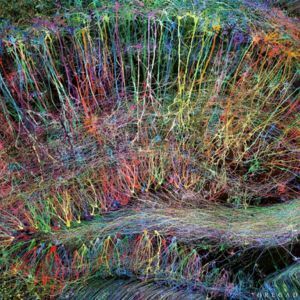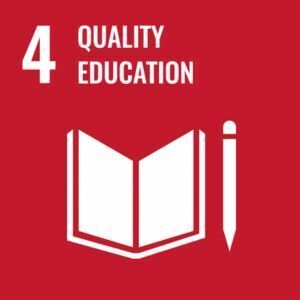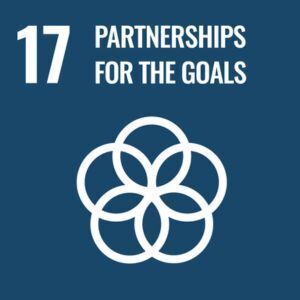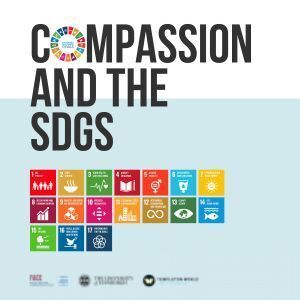A Living Global Movement
The Education and Wisdom Pillar is part of the Charter for Compassion's Compassion Transformation Institute (CTI). The Institute is a global hub advancing compassion-based learning, teaching, leadership, and institutional culture.
At CTI we believe:
Education shapes not only what students (no matter the age) know— but who they are becoming as human beings, and who we are becoming together.
Through learning, leadership, and institutional transformation, the Compassion Education Institution is building a worldwide community of compassion-centered schools, universities, and learning organizations — cultivating the next generation of wise, courageous, and compassionate leaders.
Purpose
CTI is dedicated to cultivating a world where compassion is a foundational principle of learning — shaping minds, relationships, leadership, and systems. It brings together internationally recognized compassion-based programs and educational partners to support educators, students, institutions, and lifelong learners in building compassionate culture across the globe.
While CTI offers courses and certifications for individuals and teams, The Education and Wisdom pillar focuses on learning environments and the systems that support them.
What We Offer
CTI provides a comprehensive ecosystem of learning experiences, institutional pathways, and global engagement opportunities, including:
Institutional Pathways
- Compassionate Education
- Recognition (for schools, colleges, universities & learning centers)
- Compassionate Institutions Network — connecting educational organizations committed to compassion-centered culture
Learning and Development
- Self-Directed Courses, developed by the Charter for Compassion and our global partners
- CBCT — Cognitively Based Compassion Training
- ProSocial Education / cooperation systems
- Community Resilience Model (CRM)
- SEE Learning (Social, Emotional, and Ethical Learning)
- Circles of Trust & reflective practice frameworks
- Workshops, guest speakers, and customized faculty and student training opportunities
Community and Engagement
- EdNet Forums — global learning and collaboration series for educators
- Global Reads — compassion-themed book discussions linking literature with global citizenship
- Service learning & Compassion in Action projects, connected to the UN Sustainable Development Goals (SDGs)
Youth Leadership and Global Citizenship
- Annual Global Youth Conference, with participation from 50+ countries
- Global youth partnerships, including Peace Jam and Seeds of Peace
- Youth empowerment programming through the Mikhail Gorbachev & George Shultz Award for Peace in collaboration with Voices for a World Free of Nuclear Weapons
Partnerships for Peace and Global Engagement
- Ongoing collaboration with the Permanent Secretariat of the Nobel Peace Laureates
- Student and campus opportunities for dialogue and learning with Nobel peace leaders
The Work of the Education + Wisdom Pillar
Education is the most powerful weapon which you can use to change the world.
~ Nelson Mandela
We live in a time when science is validating what humans have known throughout the ages: that compassion is not a luxury; it is a necessity for our well-being, resilience, and survival.
~ Roshi Joan Halifax
Education and science together form the foundation of human progress. Around the world, education systems face urgent challenges—access, quality, funding, gender disparities, and inclusivity—while science increasingly affirms that compassion is central to resilience, well-being, and social survival. By uniting the transformative power of learning with the growing body of compassion research, this pillar seeks to ensure that knowledge is not only transmitted but also embodied in wisdom, empathy, and communal flourishing.
This pillar emphasizes lifelong learning, critical thinking, and personal growth while integrating cutting-edge scientific insights into compassion. It recognizes that education is both a right and a communal process (Ubuntu), and that science provides the tools to validate and expand our understanding of compassion’s role in human flourishing. Together, they create reflective, thoughtful communities capable of shaping a more just, inclusive, and compassionate world.
Mission
Provide equitable access to learning at every stage of life, while advancing and sharing the science of compassion in ways that are accessible, inclusive, and transformative for individuals, communities, and societies.
Vision
A world where learners of all ages are empowered with knowledge, skills, and compassionate mindsets, and where scientific research on compassion informs daily life, policy, education, and leadership—creating a society rooted in justice, dignity, and interconnection.
Goals
- Promote Inclusive Learning Environments: Ensure education is accessible to all, regardless of background, geography, gender, or ability.
- Integrate Compassion in Education: Design programs that cultivate empathy, compassion, respect, and ethical decision-making.
- Advance Scientific Knowledge: Support and share research on compassion in neuroscience, psychology, education, and organizational life.
- Bridge Science & Society: Translate scientific insights into accessible formats (courses, videos, interviews) that inspire the public and guide practice.
- Foster Lifelong Learning: Embrace formal, informal, and intergenerational learning as pathways to resilience, wisdom, and hope.
- Promote Well-Being: Address emotional health and resilience through compassionate educational practices and research-based interventions.
Strategies
- Address Systemic Inequities: Identify and dismantle barriers to equity in education worldwide.
- Professional Development for Educators: Train teachers in cultural competence, compassion-based practices, and inclusive pedagogy.
- Collaborate Across Fields: Connect educators, scientists, and community leaders to foster holistic learning and applied research.
- Public Engagement: Create interviews, podcasts, and videos with leading compassion scientists to make research accessible globally.
- Course Development: Regularly update the Science of Compassion course with new findings and practical applications.
- Partnerships: Work with universities, schools, and research centers to integrate compassion studies into curricula and practice.
- Policy Advocacy: Influence education and research policy to prioritize equity, inclusion, and compassion.
Alignment
- Ubuntu: Education and science are communal endeavors, deepening shared wisdom and collective flourishing.
- Charter for Compassion: Compassionate learning challenges bias, promotes respect, and ensures knowledge reduces rather than increases suffering.
- United Nations SDGs: Primarily supports SDG 4 (Quality Education) and SDG 3 (Good Health & Well-Being), while intersecting with SDG 5 (Gender Equality), SDG 10 (Reduced Inequalities), and SDG 16 (Peace, Justice & Strong Institutions).


